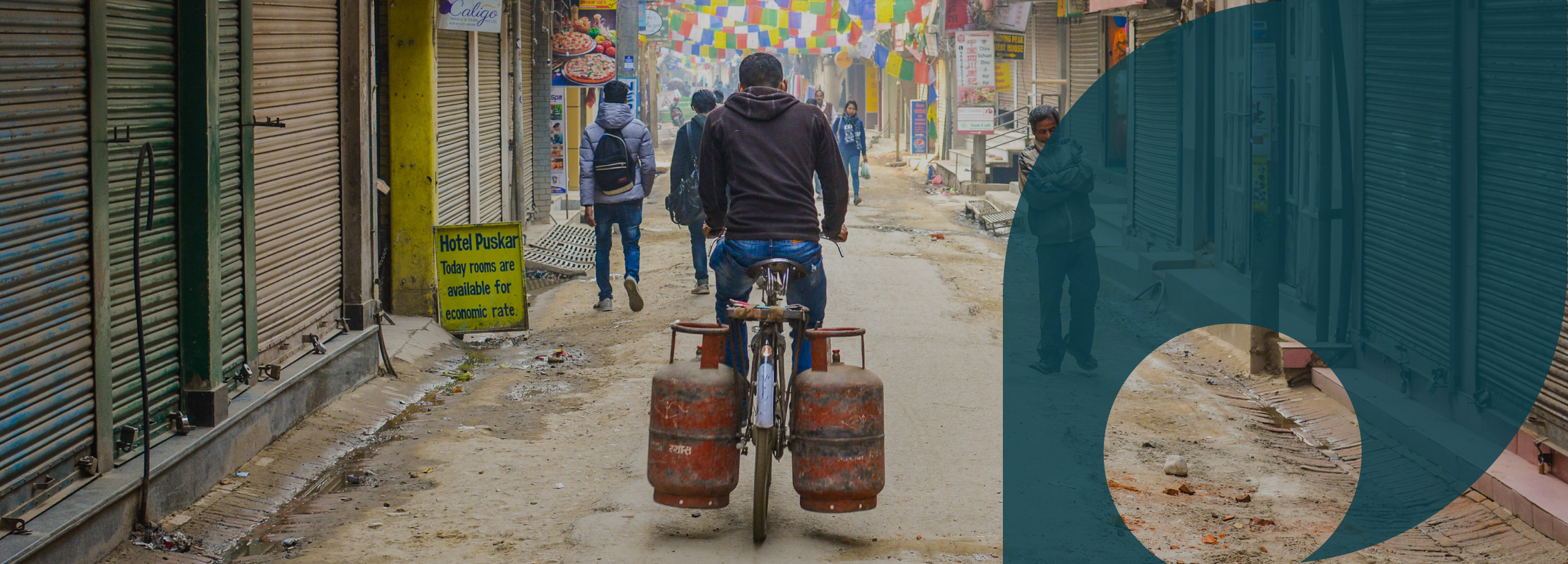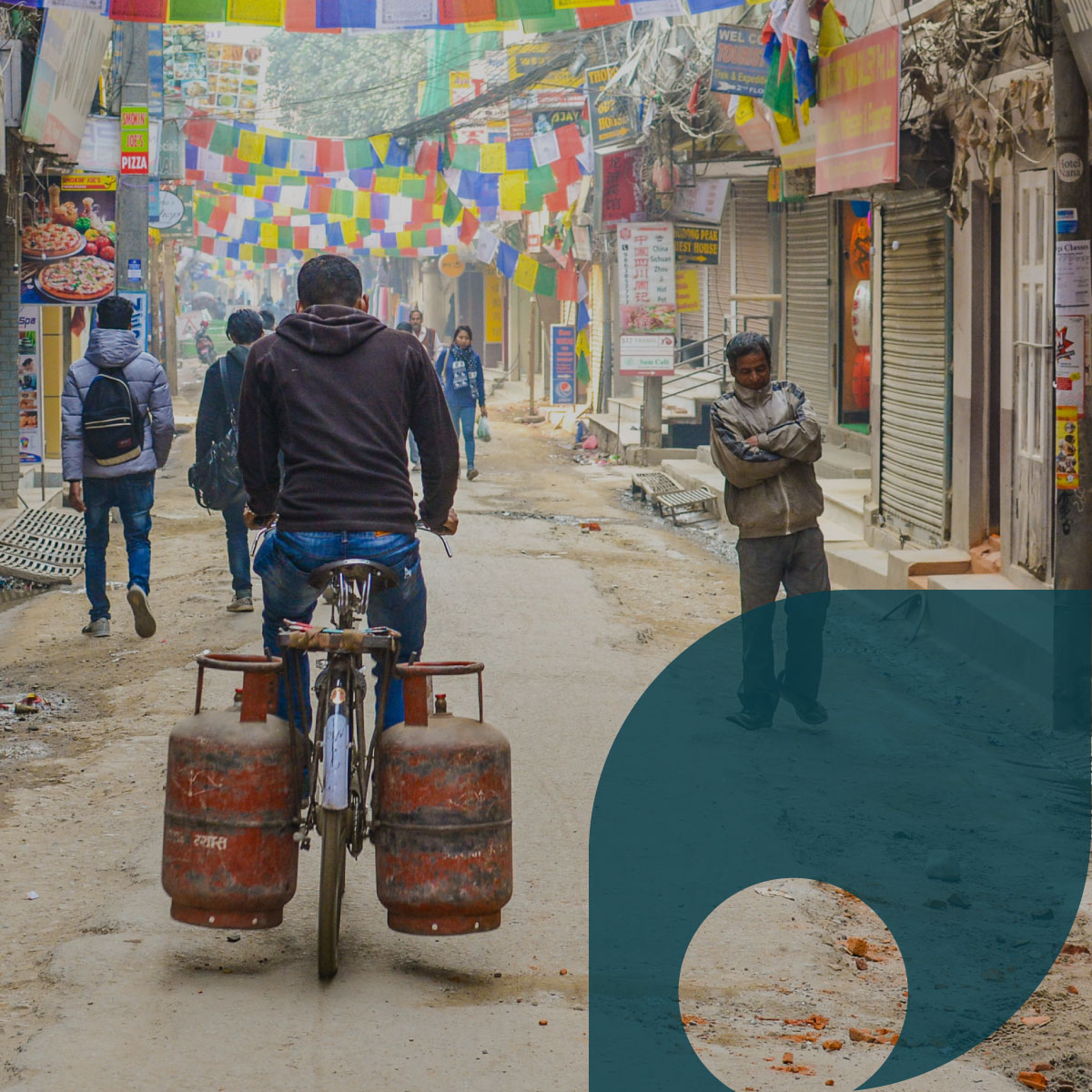
Reference: https://gh.bmj.com/content/4/3/e001501
CHORUS recognises and works to respond to the complexity of health systems within urban areas. We understand health systems in their broadest sense. This includes public sector, private-for-profit, NGO and informal health providers, whether hospitals, primary care clinics or community outreach. The health system comprises all organizations, institutions and resources that produce actions whose primary purpose is to improve health.
We engage functions beyond the healthcare sector and recognise and support the key role played by local governments and different sectors such as water and sanitation, transport, housing and urban planning in protecting health and well-being. Low-income urban residents are frequently overlooked both in their access to quality and affordable services and in being able to influence how their neighbourhoods and cities are run. CHORUS recognises the pivotal role of local governments in providing coordination and leadership across these actors and ensuring accountability to poor residents.
To strengthen the links across these multiple sectors, organisations and providers and ensure that urban citizens can both benefit from and influence the factors which keep them healthy, there are several cross-cutting aspects of the system that we will focus on with our research:
Data
Low-income urban residents and communities are frequently overlooked and under-represented in the data available to plan and monitor health improvement in cities. Within CHORUS, many of our projects will work with urban communities, health providers and local government to strengthen data systems to plug these data gaps. This includes exploring ways to increase representation of those facing multiple disadvantages – based on their gender, caste, religion, disability and occupation. Data has the potential to link together public and private providers improving patient care and plugging gaps in health service delivery.
Human resources
Across the urban health system health providers struggle to deliver quality health care and prevention to their rapidly expanding populations whose health needs are changing. These populations are increasingly vulnerable to non-communicable diseases, whilst still exposed to multiple infectious diseases. Motivating community health workers and volunteers – frequently female and with limited pay and career progression – within this complex urban setting is a key issue for CHORUS. Our projects will look at systems of supervision, monitoring as well as recruitment and HR policies and practices.
Governance
Within cities, recent migrants and highly mobile low-income urban residents moving frequently due to evictions and the search for employment, have little time and opportunity to engage in formal governance systems. New ways of engagement and governance structures are needed to ensure residents can keep providers accountable for good health within cities.
Gender and intersectionality
Within all the CHORUS cities, health outcomes and the health behaviours, exposures and access to quality health care which underpin them, are determined by individual and community identities. These in turn are shaped by wider social, political and economic structures and norms. Gendered identities intersect with other social stratifiers, including disability, ethnicity, religion, caste, and socio-economic status, resulting in inequity in health and well-being. Rapid urbanisation is changing gender and social norms; this presents opportunities to transform patterns of discrimination and disadvantage. However, differences are often so engrained within societies and embedded within structures and systems that we can become blind to their existence and the resultant inequities remain unchallenged. These inequities can be seen both within health systems and within our own research organisations. Identifying and addressing these inequities is a core principle of the CHORUS research consortium.
Finance
Financing of health care is complicated by the multi-agency responsibility for health sitting with both ministry and local government. A large, for-profit, private sector funded largely by patient fees adds to this complexity rendering healthcare unaffordable to poorer households. There is an interest in understanding how to develop financial risk, pooling learning both from the experience of other CHORUS countries and from schemes that have been developed in rural areas.

